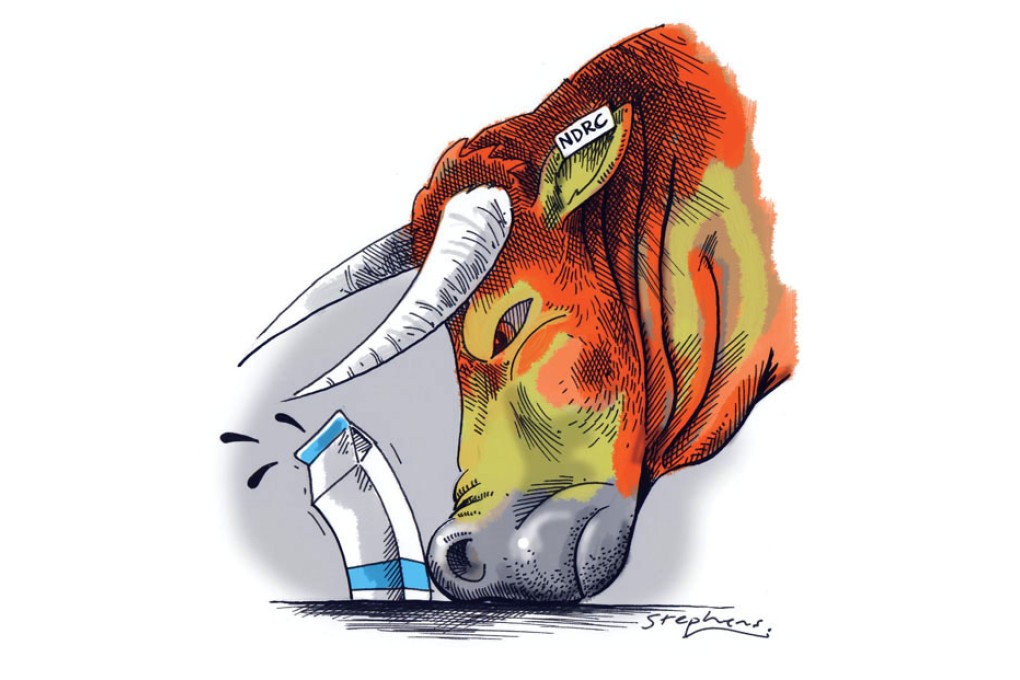How fair is China's crackdown on anti-monopoly behaviour?
John Gong says the National Development and Reform Commission may be unfairly using anti-monopoly laws to target multinationals to pander to public sentiment over price-fixing

The dairy industry is probably the sickest industry in China. Its products are sick. Its managers cheat. The indigenous dairy industry has witnessed one scandal after another, from melamine milk to leather milk and other chemical formulations that are beyond people's imagination. The dairy industry is so sick that consumers in China have totally abandoned indigenous brands, opting for imports instead.
Until last week's news about contaminated ingredients supplied by New Zealand's Fonterra, the problem with imports has been that they are expensive - even by international standards. In fact, the same products from, Western food giants such as Nestle, Danone, Mead Johnson and Abbott Laboratories are sometimes twice as expensive in China as in their countries of origin.
One can certainly blame the high taxes and import duties in China, but even accounting for these, the prices of imported infant formula smack of unwarranted monopoly profits in the eyes of mass consumers. And that is precisely the reason the National Development and Reform Commission went after these companies' pricing and distribution practices to see if they violate China's anti-monopoly law. Now it has come out with total fines of 668 million yuan (HK$840 million).
Only a week ago, in contrast, a higher court in Shanghai slapped Johnson & Johnson with a paltry penalty of 530,000 yuan for exactly the same violation.
Do the alleged pratices really exclude and limit competition of the entire market?
The practices under investigation fall into the broad category called resale price maintenance, which is covered by Article 14 in the anti-monopoly law. The statute explicitly states that manufacturers' acts to fix the prices or set minimum prices their resellers may charge to third parties, meaning end users, are illegal. That is literally what Article 14 partly says, and seems to straightforwardly imply a "per se illegal" principle, which means such an act is illegal by itself.
